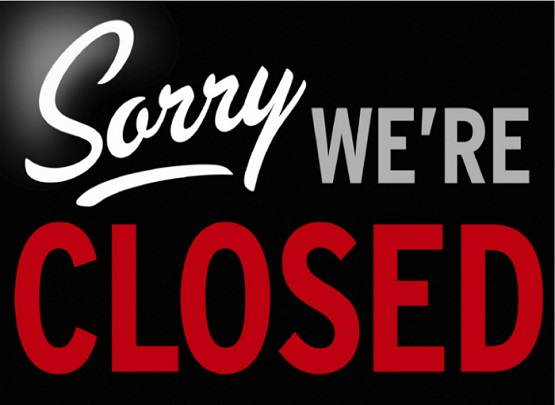Abortion businesses are closing at a rapid pace as abortion rates drop and more women choose life for their babies.
A new report from the Abortion Care Network found that 41 independent abortion facilities (excluding Planned Parenthood) closed in the past two years, and nearly 200 shut down since 2012, Time magazine reports.
Now, five states have only one abortion facility, and the coronavirus could lead to even more closures. All of this is good news for mothers and unborn babies. Women do not need to abort their unborn babies to be healthy or successful, and pro-lifers have been working hard to expand pregnancy and parenting support services to help families in need.
According to the magazine, abortion facilities are struggling financially between increased costs and plummeting revenues. Abortion activists blamed their problems on pro-life laws and efforts as well as the extra equipment and staff needed to handle the coronavirus. Some abortion facilities also said they had to temporarily stop or limit abortions because their abortionists travel from out of state and they were unable to get there due to travel restrictions.
“If things continue or get any worse than they are right now, I don’t know how we’re gonna do it,” Yashica Robinson, the abortionist at the Alabama Women’s Center for Reproductive Alternatives in Huntsville, told Time.
Follow LifeNews on the MeWe social media network for the latest pro-life news free from Facebook’s censroship!
Robinson said the coronavirus, coupled with pro-life laws in Alabama, have “tremendously” hurt its finances.
Here’s more from the report:
When Alabama suspended “elective” medical procedures, including abortions, in late March, the Alabama Women’s Center canceled a week of appointments. Even after a federal appeals court ruled that Alabama couldn’t block all abortions, Robinson had to file paperwork to justify each abortion she provided for the month the state’s emergency public health order was in place, adding time and costs to every appointment.
Most independent abortion clinics across the country are in a similar boat. Keeping clinic doors open during COVID-19 has required spending much more money—on cleaning and personal protective equipment, and on hiring more staff to facilitate social distancing rules that also reduced the number of patients who could be seen.
Most independent abortion facilities are businesses, not non-profits, and they make their money killing unborn babies. During the initial coronavirus shutdowns in March, the Abortion Care Network conducted a survey of its members and found that they expected to lose an average of $50,000 per month.
In June, the pro-abortion group predicted that dozens of abortion facilities may close and four states could be completely abortion free.
The abortion industry has been shrinking for years as the main source of its revenue – killing unborn babies – declines. Statistics from the Centers for Disease Control show abortion rates are at historic lows and fewer unborn babies are being killed in abortions.
According to Operation Rescue, 36 abortion facilities closed while nine opened in 2019. Since 2013, 367 abortion facilities have closed across America.
Recently, medical groups representing more than 30,000 U.S. doctors emphasized that abortions are not “essential” or “urgent,” and abortion facilities that continue to operate during the pandemic are being “medically irresponsible.” Abortion complications include infections, blood clots, hemorrhaging and an incomplete abortion. Abortion risks include future preterm births, breast cancer, suicide, anxiety/depression, and death. And it is not true that abortions are safer than childbirth.
Abortion facilities do not perform an “essential” medical service. They kill unique, living unborn babies in abortions, and often leave women with life-long physical and/or psychological scars.
Women do not need to abort their unborn babies to be healthy or successful, and real medical facilities exist all across the country to provide true care to mothers and babies, born and unborn. Thousands of pregnancy resource centers provide additional support through free counseling, diapers, baby clothes, cribs, temporary shelter and more.








